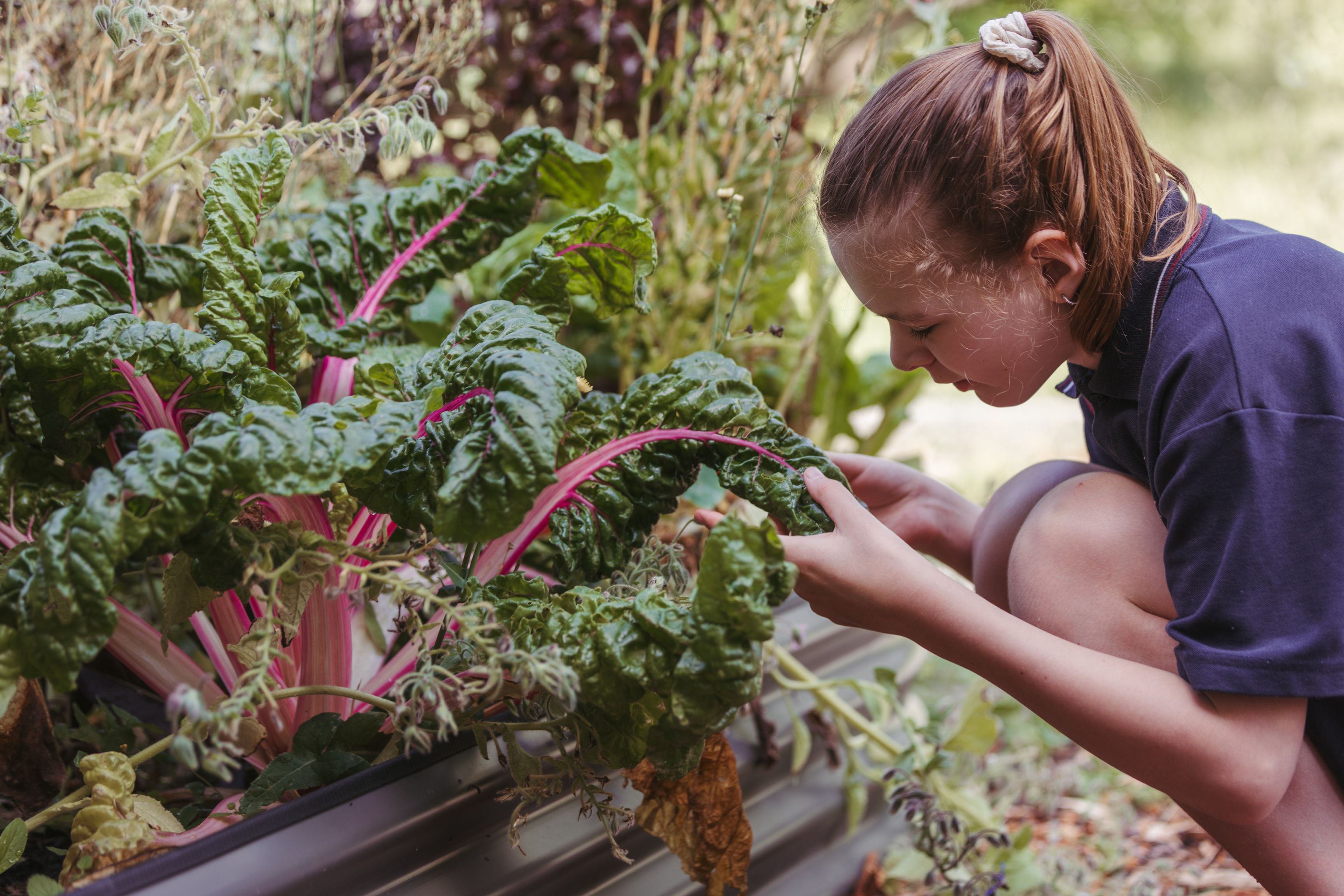Our top 5 tips to save at the supermarket
Shop with a list
Knowing what food you have in your pantry and fridge and what food you need is a great way to avoid buying extra food you may not need.
Eat before you go
Food shopping when hungry has been linked to buying more than we need. If possible, have something to eat before heading to the supermarket.
Shop around
Shopping between supermarkets for their weekly specials is a great way to save on the items you may need.
Buy in bulk
If money and space allows, buying extra non-perishable items (e.g. canned food) when they are on sale, avoids needing to pay full price when you run out.
Compare the pair to save
Look at the price per/100 grams or per/kilogram to get the best value.
Our top 5 tips to save on fruit and vegetables
Shop in season
Seasonal produce is usually cheaper, fresher and tastes better.
Discover the freezer
If fresh fruit and vegetables are expensive, consider if there is a frozen alternative.
Buying fruit and vegetables when they are on special and freezing them is a great way to save.
Grow your own
If you have the space, growing your own produce can be a fun, tasty and cheaper way to eat seasonally. Your local ‘community garden’ may have some tips to get started.
Shop local
Shopping at a greengrocer or farmers’ market can be cheaper than shopping for fresh produce at the supermarket.
Fruit and vegetable boxes
Pre-packed fruit and vegetable boxes are generally good value and contain in-season, local produce. It’s also a great way to try fruits and vegetables you might not normally choose.
Our top 5 tips to save on meals and snacks
Home cooked meals
Home cooked meals are often cheaper than buying takeaway.
Breakfast
Oats are a low-cost breakfast all year round - porridge in winter and overnight oats in summer. Look out for the large bag of oats, rather than the portioned packets for the best value.
Lunch
Packing dinner leftovers for lunch the next day is an easy way to save time in the morning preparing lunch. It also provides a great way to save money by not needing to buy lunch when out.
Dinner
Cutting the meat portion by half and adding more vegetables and a tin of beans or lentils is a great way to eat some extra vegetables and save on the cost of the dish.
Snacks
Snacks, including yoghurt, bought in a larger packet rather than pre-portioned packets is a great way to save money. At home, divide the contents into smaller containers for pre-portioned snacks.
Our top 5 tips to cut waste and save
Rice
Buying dried rice, cooking it and then freezing it (for up to 2 months) is cheaper than buying pre-portioned quick cook rice.
Popcorn
Love popcorn? Buying the raw kernels and popping your own is a much cheaper way than buying pre-made popcorn. The best part is you can add your own flavours!
Bread
Toasting the ends of bread and processing it in the food processor is an easy way to to make breadcrumbs. Store in the freezer, ready to use when a recipe calls for breadcrumbs.
Freeze leftovers
Your future self will thank you when you have a meal in the freezer, ready to heat up, when you don't have time to cook.
Use what you have
Want to use what you have in the cupboard, fridge or freezer? Enter the ingredients you have available into the supercook website and it
will provide you with a range of recipe ideas.






